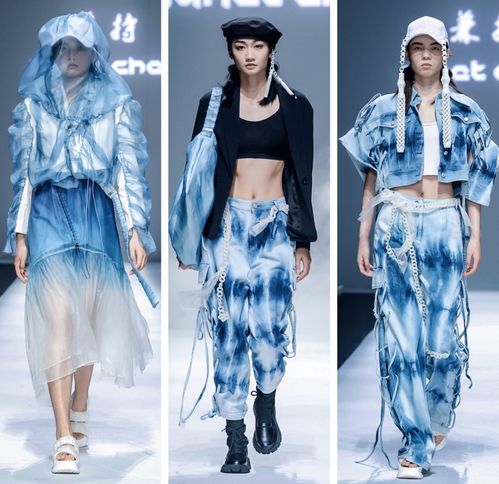东江环保是什么公司
- 经验
- 2024-05-04
- 99
Title: Transforming Fashion Industry: Environmental Sustainability in Dongjiang Apparel
In recent years, the fashion industry has faced increasing scrutiny regarding its environmental impact. Dongjiang Apparel, a prominent player in the industry, has recognized the importance of adopting sustainable practices to mitigate its ecological footprint. This article explores the environmental challenges faced by the fashion sector and provides insights into how Dongjiang Apparel can enhance its environmental sustainability efforts.
1. Understanding the Environmental Challenges in Fashion
The fashion industry is notorious for its significant environmental footprint, primarily due to:
Resource Depletion:
Fashion production consumes vast amounts of water, energy, and raw materials, contributing to resource depletion.
Pollution:
Textile dyeing and treatment processes release harmful chemicals into water bodies, polluting ecosystems and endangering wildlife.
Waste Generation:
The fast fashion model encourages excessive consumption and disposal, leading to massive textile waste in landfills.Addressing these challenges requires a comprehensive approach encompassing sustainable sourcing, manufacturing, and consumption practices.
2. Sustainable Strategies for Dongjiang Apparel
To enhance its environmental sustainability, Dongjiang Apparel can implement the following strategies:
Sustainable Material Sourcing:
Prioritize the use of ecofriendly materials such as organic cotton, hemp, or recycled polyester. Partnering with certified suppliers ensures transparency and ethical sourcing practices.
Efficient Production Processes:
Invest in ecoefficient technologies and processes to minimize water and energy consumption during manufacturing. Implementing water recycling systems and renewable energy sources can significantly reduce environmental impact.
Responsible Waste Management:
Adopt a circular economy model by promoting garment recycling and upcycling. Establishing takeback programs or collaborating with recycling initiatives enables Dongjiang Apparel to reduce textile waste and minimize its environmental footprint.
Transparency and Accountability:
Embrace transparency in supply chain management by disclosing environmental performance and sustainability efforts. Engage with stakeholders, including consumers, to foster accountability and drive positive change within the industry.
3. Incorporating Environmental Sustainability into Brand Identity
By integrating environmental sustainability into its brand identity, Dongjiang Apparel can differentiate itself in the market and appeal to ecoconscious consumers. Key strategies include:
Communication and Education:
Educate consumers about the environmental impact of fashion and the importance of sustainable consumption. Transparency about product origins and manufacturing processes builds trust and loyalty among environmentally conscious consumers.
Innovation and Collaboration:
Foster innovation through research and development of sustainable materials and technologies. Collaborate with stakeholders, including NGOs and industry peers, to share best practices and drive collective action towards a greener fashion industry.
Corporate Social Responsibility (CSR):
Embrace CSR initiatives that support environmental conservation and community development. Engaging in reforestation projects, supporting fair labor practices, and contributing to environmental advocacy campaigns demonstrate Dongjiang Apparel's commitment to social and environmental responsibility.4. Conclusion
In conclusion, Dongjiang Apparel has the opportunity to lead the fashion industry towards greater environmental sustainability by adopting proactive measures across its value chain. By prioritizing sustainable sourcing, implementing ecoefficient manufacturing processes, and engaging consumers through transparent communication, Dongjiang Apparel can not only reduce its environmental footprint but also inspire positive change within the fashion industry as a whole.
Through continuous innovation and collaboration, Dongjiang Apparel can position itself as a trailblazer in environmentally responsible fashion, contributing to a more sustainable and resilient future for generations to come.
This HTML document provides a comprehensive guide for Dongjiang Apparel to navigate the complexities of environmental sustainability in the fashion industry and emerge as a leader in sustainable fashion practices.